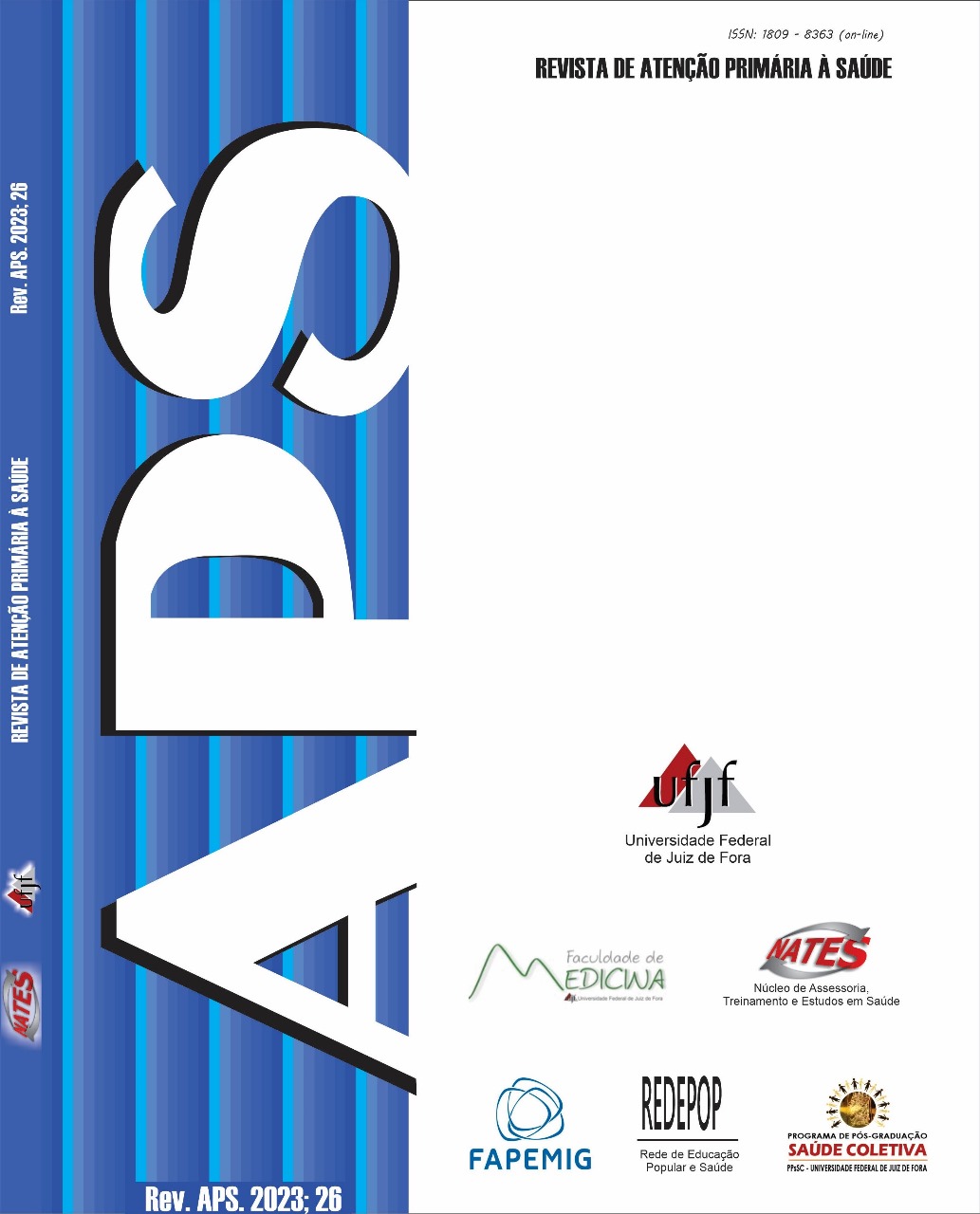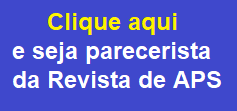Community health workers’ skills: analyses with students of the technical course of the Health with Worker Program
DOI:
https://doi.org/10.34019/1809-8363.2023.v26.42466Keywords:
Public health, Community health workers, Primary health care, Health education, Family health strategyAbstract
Objective: To analyze the skills of community health workers (CHWs) during the technical course of the Health with Worker Program, implemented by the Brazilian Ministry of Health. Method: cross-sectional study, using a structured online questionnaire organized into domains and dimensions, collecting data on students’ skills and their sociodemographic profiles. Results: High percentages of “I know how to do it” were found for planning educational, health promotion and accident prevention measures (59.3%), paying home visits (74.4%), identifying users who do not take medications correctly (52.5%) or who present risk factors for communicable diseases (58.0%), and referring users with sexually transmitted infections (56.9%). As for measuring blood pressure (27.7%) and blood glucose (27.4%), the percentages were low. On the other hand, the option “I do not know how to do it” was found in high percentages for performing cardiopulmonary resuscitation maneuvers (40.4%) and performing immobilization techniques on trauma victims (43.2%). Conclusion: CHWs realize that they have the skills to carry out educational activities and pay home visits. The gaps appeared in the areas of chronic diseases and first aid, more recent assignments, reinforcing the importance of technical-level training that covers these topics. The technical course of the Health with Worker Program meets the training needs of these workers, enhancing their performance in Primary Care, in search of better health indicators for Brazil.











